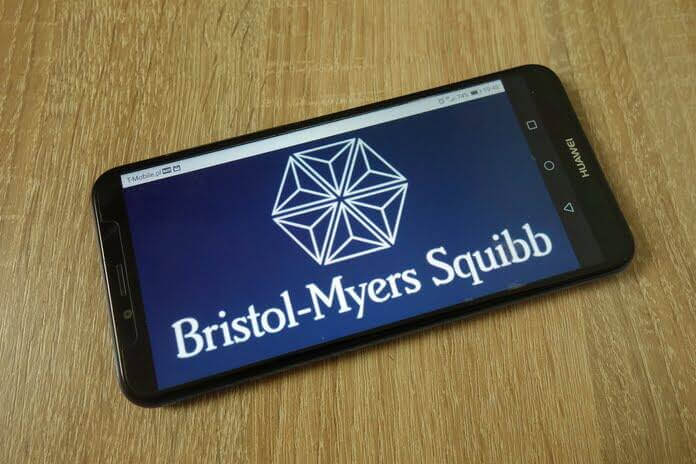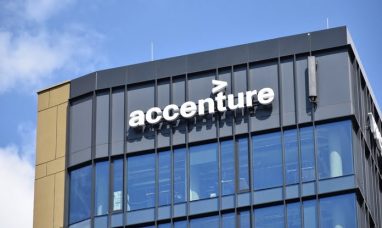BMY stock is trading at $74.38 as of 11:07 AM EDT
Revenue for Bristol Myers Squibb’s (NYSE:BMY) third quarter decreased as a result of the effects of foreign exchange and generic versions of the company’s top-selling cancer medication, Revlimid. However, the New York-based pharmaceutical giant kept its FY22 outlook unchanged, excepting GAAP EPS.
While overall revenue decreased by-3.4% Y/Y to $11.22 billion in Q3, non-GAAP EPS increased by +3.11% Y/Y to $1.99. In fact, the top and bottom lines exceeded analysts’ expectations. While revenues in the United States increased by 9% to $7.9 billion, international revenues fell by 24% year on year to $3.3 billion. The two most popular medications in Q3 were Eliquis and Opdivo.
Bristol Myers’ Sales Overview
Sales of the anti-blood clot medication Eliquis surged 10% year over year to $2.66 billion, while those of the cancer treatment Opdivo rose 7% to about $2.05 billion. Pomalyst/Imnovid sales for multiple myeloma therapy increased 4% year on year to $886 million.
The company also said that because of the loss of exclusivity, sales of the multiple myeloma treatment Revlimid plummeted -28% year over year to $2.42B. Due to generic competition, U.S. revenues fell 6% year over year to $2.2 billion, while international revenues fell 76% year over year to $250 million.
Bristol Myers is still expecting between $9.0 billion and $9.5 billion in sales of Revlimid for the entire 2022 fiscal year, which is the same as what they said in July. Similarly, Empliciti, which is also used to treat multiple myeloma, saw its sales drop by 11% Y/Y to $73 million.
Revenue from the entire New Product portfolio increased by 61% to $553 million. Reblozyl’s anemia therapy sales increased by +19% year over year to $190 million. Abecma’s CAR T cell treatment sales rose +51% to $107 million for multiple myeloma. Sales of the MS medication Zeposia increased by 73% to $69 million. According to Bristol Myers, research and development costs dropped by about 19% from the previous year to $2.4 billion. This was mostly because of an impairment charge for in-process research and development (IPRD) in 2021, the timing of clinical development costs, and foreign exchange effects. This was partially offset by the cash settlement of Turning Point stock awards that hadn’t yet vested.
According to Bristol Myers, research and development costs dropped by about 19% from the previous year to $2.4 billion. This was mostly due to in-process research and development (IPRD) the timing of clinical development expenditures, and foreign exchange effects, which were partially offset by the cash settlement of Turning Point’s unvested stock awards.
BMY Stock Outlook
In contrast to its previous projection of $2.71–$3.01, the business has revised its GAAP EPS view for FY22 and now anticipates it to be in the range of $2.54–$2.84. Bristol Myers confirmed FY22 total net sales of $46 billion (a $46.03 billion estimate). Also, the company stuck to its non-GAAP EPS estimate range of $7.44 to $7.74 ($7.54 is the average estimate).
Featured Image- Megapixl @ Piter2121















